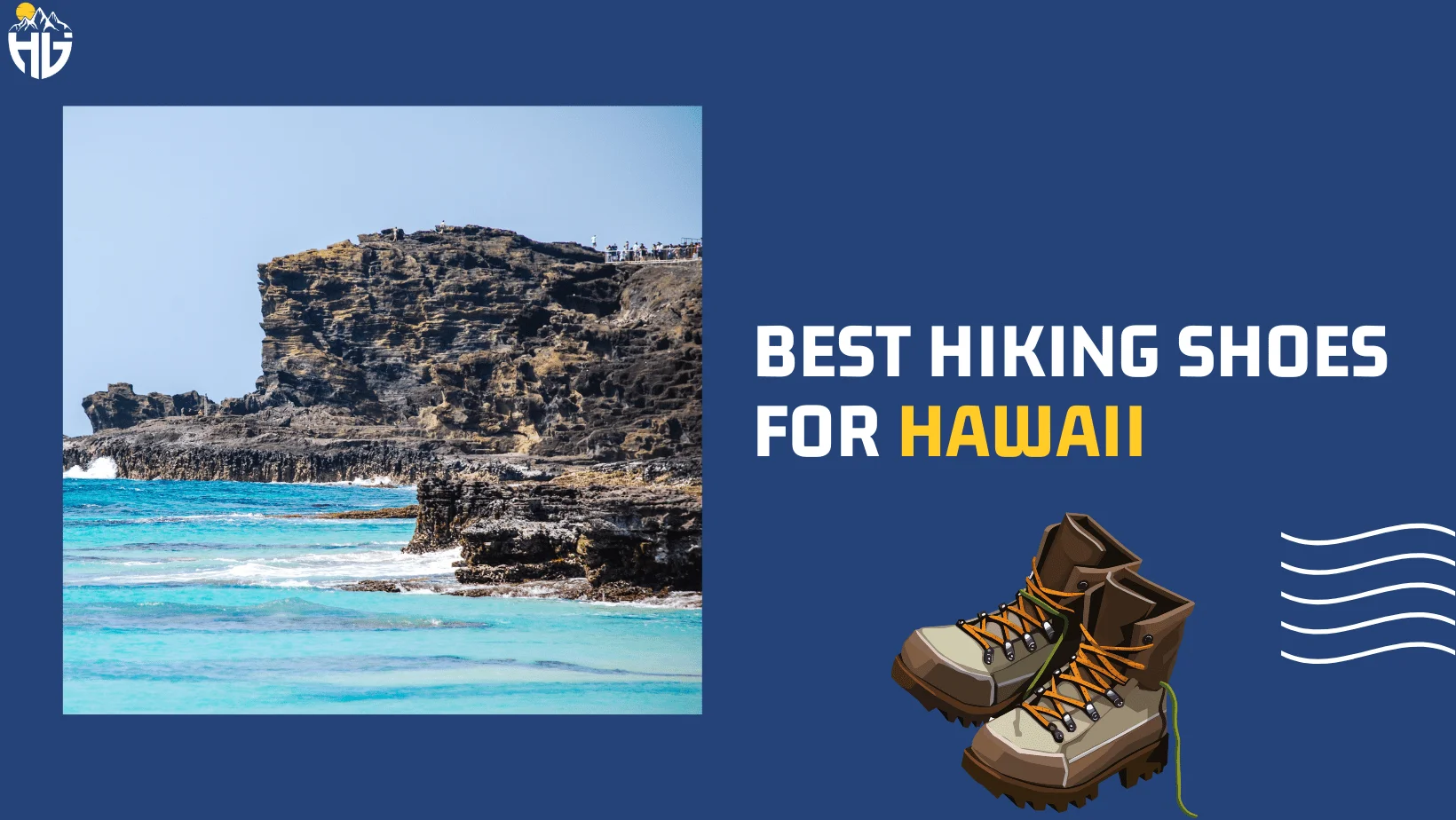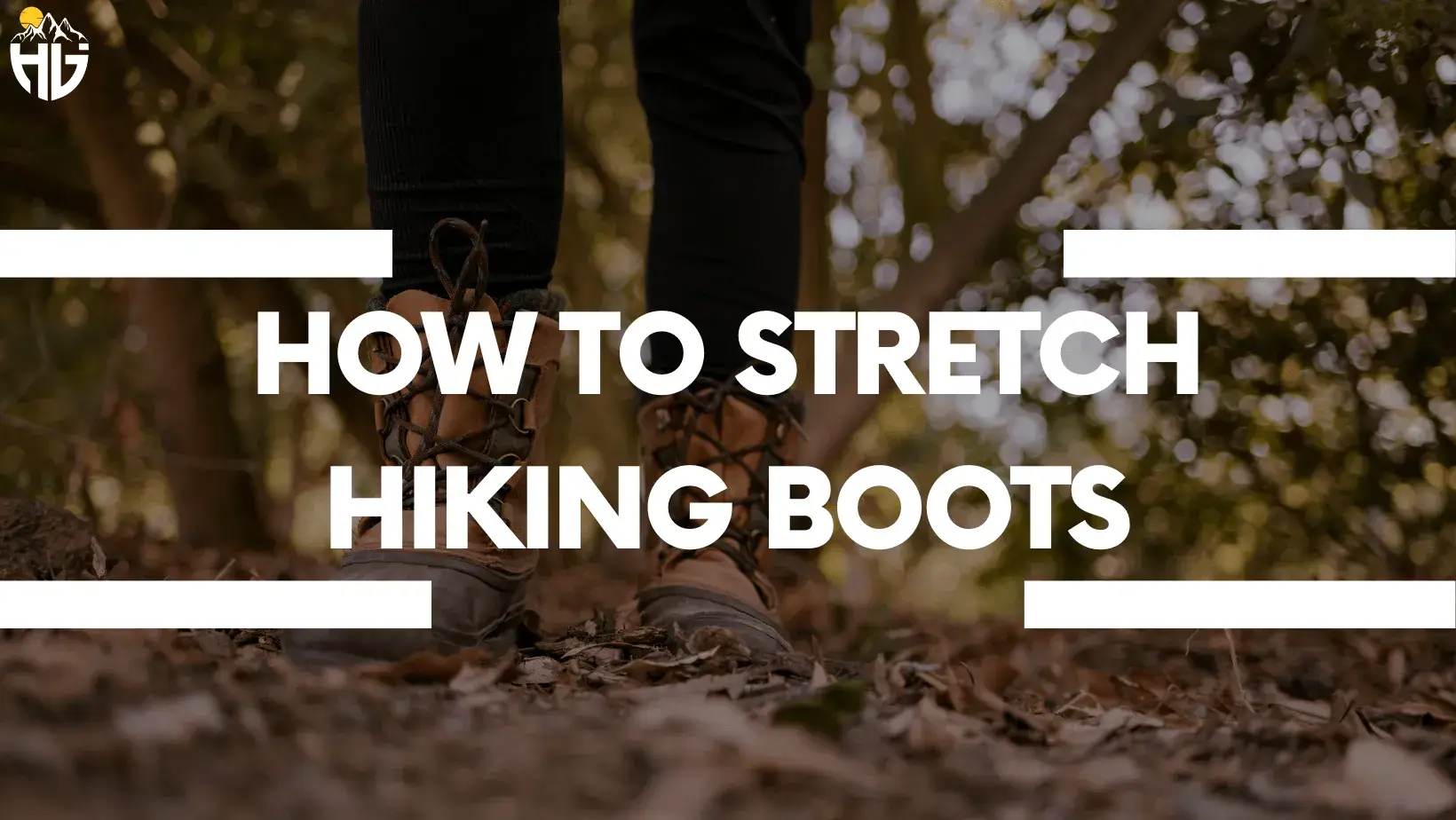How Much Do Hiking Boots Weigh?
This article aims to give you a thorough understanding of hiking boot weight, including its significance, definition, and effects on your hiking experience. By the end of this guide, you will clearly understand how to select the best hiking boots based on their weight and your hiking requirements. So let’s get started!
Understanding The Weight of Hiking Boots
The weight of your hiking boots can affect how comfortable, quick, and resilient you feel while hiking. The average weight of a hiking boot, the variables that affect it, and the advantages and disadvantages of lightweight and heavyweight hiking boots will all be covered in this article.
How Much Do Hiking Boots Weigh?
Factors That Affect Hiking Boot Weight
The materials used, the design and features, the size and fit, and the type of hiking activity can all impact the weight of hiking boots.
Material
The weight of hiking boots can be significantly influenced by the materials used to make them. Typically, leather, synthetic materials, or a combination of both make hiking boots. Although leather hiking boots are typically heavier than those made of synthetic materials, they are also more robust and offer better defense against the elements.
Features and Design
The weight of hiking boots can also vary depending on their style and features. Boots with additional features, like waterproofing, additional padding, and added support, are typically heavier than those without. The number of eyelets, the type of lacing system, and the exclusive design can all impact the boots’ weight.
Fit and Size
Hiking boots’ fit and size both significantly affect how much they weigh. Larger, more supportive boots weigh more than smaller, less supportive ones. Furthermore, boots that are comfortable to wear and offer sufficient support will weigh more than those that do not.
Type of Hiking Activity
The weight of your hiking boots may vary depending on the hiking you intend to do. You can pick lightweight boots if you’re going on a day hike on a well-maintained trail. However, you’ll need heavier boots that offer more support and protection if you plan a multi-day hike or a hike with a large backpack.
Tips for Reducing the Weight of Your Hiking Boots
Being overweight can make you feel exhausted, uncomfortable, and even injured. Here are some helpful hints for lightening your hiking boots without compromising on support, performance, or durability. Now let’s get into the specifics.
Selecting lightweight materials and designs

Opt for synthetic materials: Although synthetic materials, like nylon and polyester, are frequently lighter and more breathable, leather boots are known for their durability. Without sacrificing support or quality, these materials can help your boots weigh less overall.
Minimalist design: Design that is minimal Consider a minimalist design with fewer extra features, such as thick padding, metal eyelets, or pointless embellishments, when choosing a hiking boot. You can significantly lighten the weight of your boots by going with a more straightforward design.
Look for mesh panels: Mesh panels in the boot’s upper section can increase breathability and lighten the boot. Better ventilation is made possible by these panels, which is particularly useful on hot-weather hikes.
Proper Boot Care and Maintenance

Regularly clean your boots: Over time, dirt, mud, and debris can collect on your boots, adding unneeded weight. Regularly clean your boots with a soft brush and gentle soap. In addition to keeping them lightweight, this will also increase their lifespan.
Dry your boots properly: Dry your boots thoroughly because they can weigh a lot more when they’re wet. Remove the insoles from your boots after a hike and fill them with newspaper or another absorbent material to help your boots dry out. They should not be placed close to sources of direct heat as this could harm the materials.
Waterproofing: Giving your boots a waterproofing treatment can help keep them dry and lightweight. Pick a spray or wax made for the particular materials in your boots, then apply it according to the instructions. This will lessen the chance of water leaking in and adding unneeded weight.
Replacing rusted-out parts

Insoles: Over time, insoles may compress and lose their ability to support and cushion the foot. By swapping them out for thin, cushioned insoles, you can increase comfort while also lightening the load on your boots.
Laces: Bulky, water-absorbent laces can make your boots heavier. To shed a few ounces, think about switching to lightweight, quick-drying laces.
Resole your boots: Over time, the soles of your boots may become worn, less effective, and possibly heavier. Consider having your boots resoled with a lighter, more durable sole material if they are otherwise in good condition.
A lighter pair of hiking boots can greatly improve your overall hiking experience. You can keep your boots light and effective on the trail by choosing lightweight materials and designs, practicing proper boot care, and replacing worn-out parts. You’ll be well on your way to a more relaxing and enjoyable hike if you keep these suggestions in mind.
Lightweight vs. Heavyweight Hiking Shoes: Pros & Cons
Both heavyweight and lightweight hiking boots have benefits and drawbacks. Before selecting the ideal pair of hiking boots for your needs, it is critical to comprehend these advantages and disadvantages.
Pros of LightWeight Hiking Shoes
-
- It is more comfortable to wear lightweight hiking boots all day.
-
- They make it simpler to move around and promote quicker, more effortless movement.
-
- You can hike farther with them because they are less taxing.
-
- They are appropriate for shorter, easier trails and day hikes.
Cons of Light Hiking Shoes
-
- Your feet and ankles receive less support and protection from a lightweight hiking boot.
-
- They may wear out more quickly because they are less resilient than heavyweight boots.
-
- They are less appropriate for multi-day hikes, difficult terrain, or hikes carrying a large backpack.
Pros of Heavy Weight Hiking Shoes
-
- Your feet and ankles are better supported and protected by heavyweight hiking boots.
-
- They are stronger and can endure difficult terrain and long hikes.
-
- For multi-day hikes and hikes, carrying a large backpack is appropriate.
Cons of Heavy Weight Hiking Shoes
-
- It is less comfortable to wear heavy hiking boots for an extended period.
-
- You can only hike a certain distance because they are more taxing.
- They are more difficult to move.
Frequently Asked Questions
What is the average weight of hiking boots?
The average weight of hiking boots typically ranges between 1.5 to 3 pounds per pair. Factors such as materials, design, and intended use impact this weight. Lightweight boots, ideal for day hiking and moderate trails, weigh around 1.5-2 pounds, while heavy-duty boots for challenging terrain can weigh up to 3 pounds.
How does the weight of running shoes vary between different materials?
Hiking boot weight varies based on materials used in their construction. Full leather boots, offering durability and support, tend to be heavier. Synthetic materials like nylon and mesh provide lighter alternatives without compromising strength. The choice of midsole and outsole materials also affects boot weight, with rubber and EVA foam offering different weight-to-performance ratios.
How does the weight of hiking boots affect hiking performance and comfort?
The weight of hiking boots directly impacts performance and comfort during hikes. Lighter hiking boots reduce leg fatigue, weigh less allowing for faster and longer treks, while heavier boots offer enhanced support and protection in challenging terrain. Striking the right balance between weight, support, and comfort is essential for an enjoyable and efficient hiking experience.
Are lightweight hiking boots better than heavier ones? Why or why not?
Lightweight hiking boots aren’t inherently better than heavier ones; it depends on personal preferences and hiking conditions. Lightweight boots excel in shorter hikes and less demanding trails, offering agility and reduced fatigue. Heavier boots provide better support, durability, and protection for longer, more challenging treks. Assess your hiking needs to determine the best option.
How do men’s and women’s hiking boots differ in weight?
Men’s and women’s hiking boots differ in weight primarily due to sizing and design considerations. Women’s boots are generally lighter, as they’re designed for smaller feet and accommodate the unique anatomical features of female feet. However, weight differences are generally minimal, and the choice of materials and boot style play a more significant role in overall weight.
Conclusion
Understanding the weight of hiking boots is essential for any outdoor enthusiast looking to optimize their hiking experience. As we’ve explored in this article, hiking boots can weigh , typically from 1.5 to 3.5 pounds per pair, depending on factors such as materials, construction, and intended usage. By considering these factors and comparing different brands and models, you can find the perfect balance between durability, support, and lightweight design.
Remember that investing in a pair of lightweight yet sturdy hiking boots can significantly enhance your comfort and performance on the trails, ensuring you’re well-equipped for any adventure. So, don’t hesitate to explore your options and choose the ideal pair that suits your specific needs and preferences, ultimately elevating your outdoor experiences. Happy trails!

M. Fahad Sajjad
Founder & CEO at Meraki WritesMeraki Writes is a distinguished content marketing agency committed to delivering exceptional content for businesses and online platforms. With a dedicated team of skilled writers and editors, Meraki Writes consistently produces high-quality articles, ensuring client satisfaction and audience engagement. The same team of professionals is responsible for crafting each insightful and well-researched article on Hike Genius, a reputable hiking niche website.





